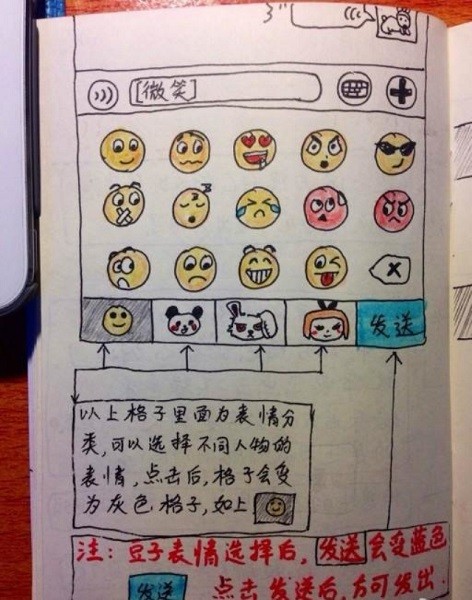Hands-on parenting is commended and recommended by family experts.
Parents in Shanghai seriously involve themselves in their children’s education, and actually use their hands frequently each day to do so by tapping and swiping their phone to check school-related updates and activities through Tencent’s free messaging and calling app, WeChat.
WeChat groups exist to organize communication and information flow among teachers and parents in different schools in the city, Shanghai Daily reported.
Shanghai Primary School’s principal requires all first-grade head teachers to create an official WeChat group for their respective classes.
The school prohibits anonymous posting or posting using an alias. Parents can only post using their child’s real name.
Mao Jianqiong, the principal, said that WeChat groups help facilitate feedback from parents.
One mother, Chen Zhe, said that membership to the different groups create opportunities for the students to bond and establish friendship.
“The parents’ site discusses everything from preparation for each school day to personal feelings about raising children,” said Joyce Wu, another parent, to Shanghai Daily.
Still, not all is deemed well.
Wu, a member of four WeChat groups, described the experience as an “annoying distraction.” She said that hundreds of messages register daily from each group but doesn’t regard everything as “useful.”
Mao said that it becomes difficult to resolve a complaint or a problem when parents present their grievances online instead of visiting the school and discussing their issues with her.
In 2014 Spring Festival, Zhang Ming, a university student from Chongqing University, gifted his parents with HTC phones. He produced an illustrated handwritten WeChat manual for his parents who struggled learning the app, reported Shanghaiist.
WeChat reached some 600 million accounts by the second quarter of 2015, according to online statistics portal Statista.
Many young ones, though, prefer QQ, another instant messaging software service by Tencent, over WeChat “to escape their family's prying eyes,” according to Want China Times.
Children may prevent “crossing paths” with their parents in the cyber world, but come dinnertime, they share the night’s meal together on the same dining table.


